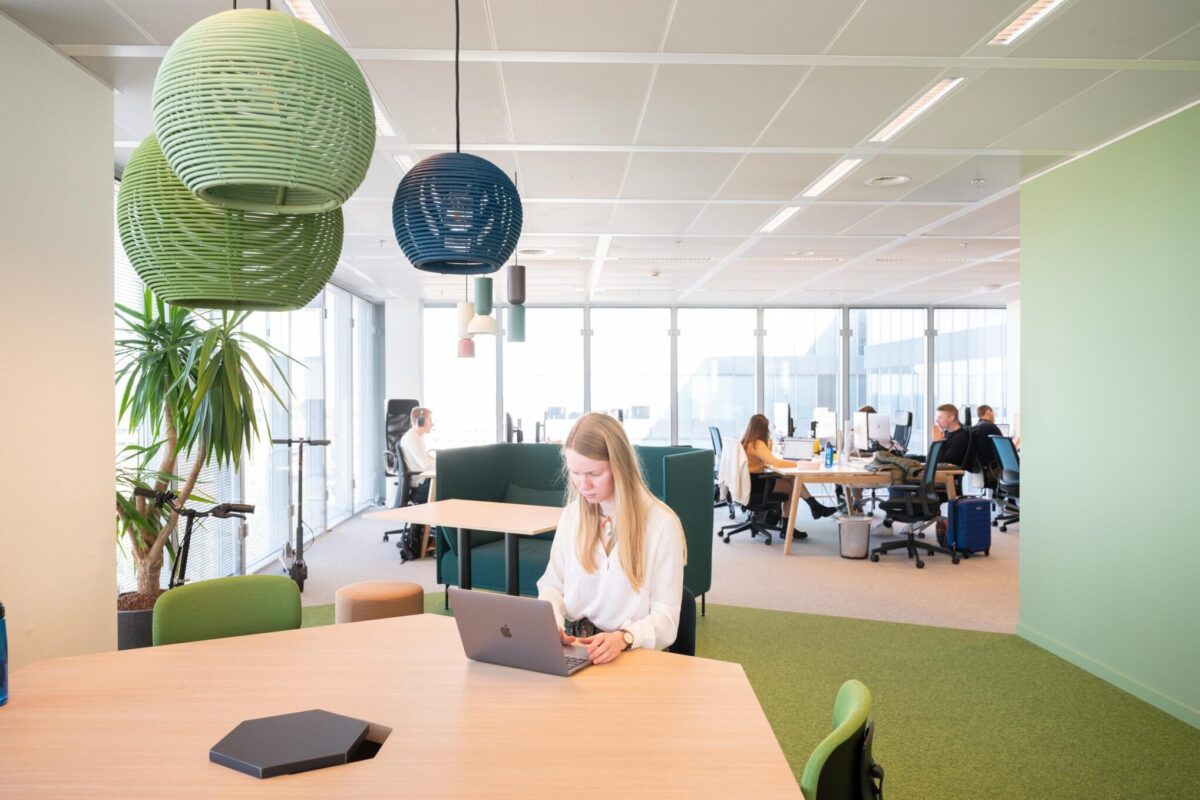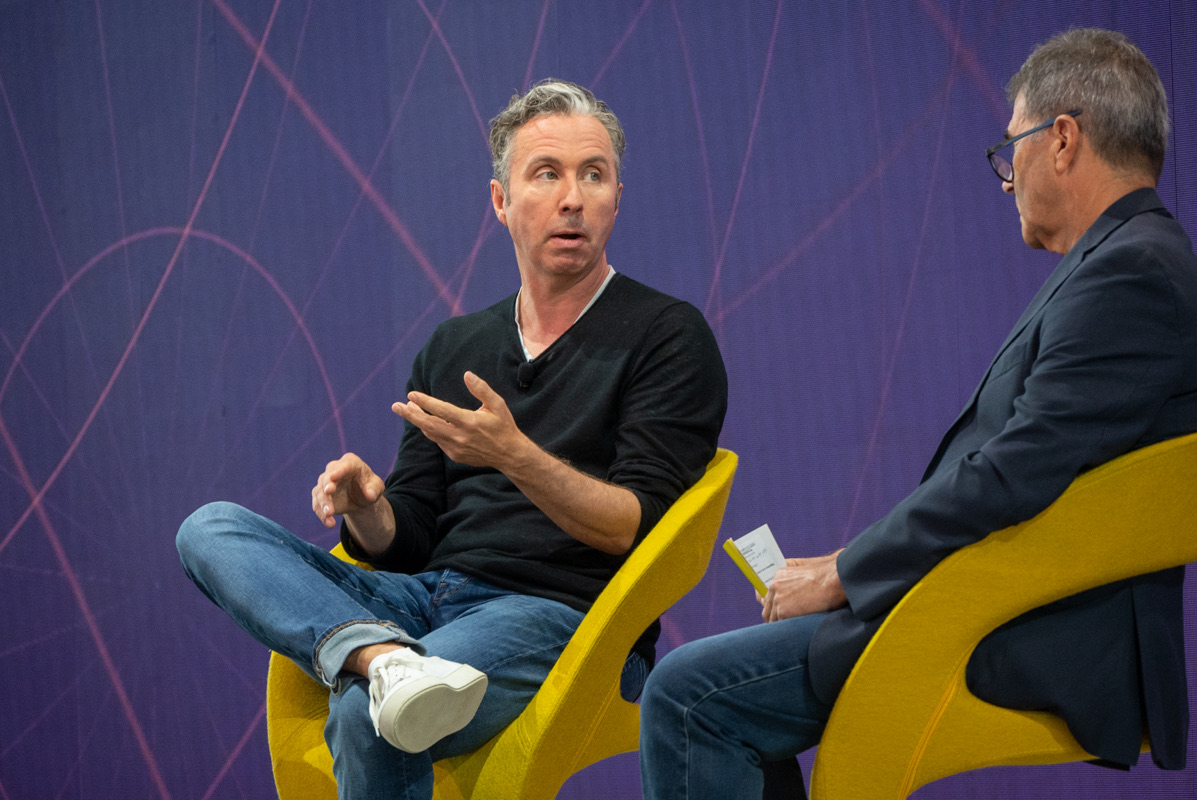Be Prepared for Tech to Fail, Says Virgin Atlantic’s Brand Director

Skift Take
In an introduction to his upcoming presentation at the Passenger Experience Conference, set to take place next week as part of the Aircraft Interiors Expo in Hamburg, Virgin Atlantic’s Brand and Customer Engagement Director, Reuben Arnold, advised the industry to be prepared for technical innovations to fail.
“[N]ot every idea we come up with is going to fly,” writes Arnold. “It’s only by trying out a range [of] new concepts that a business will find its greatest successes. Many of the new concepts may fall flat or enjoy only temporary success, but from each failure we can learn something and take it forward to deliver an improved idea the next time (our founder’s mantra of ’screw it just do it’ is still very much alive and well!).”
Virgin Atlantic has built a reputation on taking risks and doing things a bit differently than other airlines. Last year, it got a lot of attention with its Google Glass concierge services at its lounge at Heathrow. Virgin Atlantic’s, CEO Craig Kreeger, pointed out at last year’s SITA IT Summit that, for the airline, the advantage of Google Glass over smart watches or hand-held devices was that it allowed staff to maintain eye-contact with customers, instead of appearing distracted.
Still, the glimmer was off Google Glass late last year when many developers and Google Glass early adopters began to loose interest in the product. SITA Lab’s Director, Renaud Irminger, has argued that Google Glass still has a place in aviation and as an enterprise solution even if it’s not ready for mass market appeal, but to Arnold it doesn’t matter whether tech fails, be it Google Glass or the next hyped-up tech product. What matters is having the courage to innovate.
“From a Virgin Atlantic perspective,” he writes, “not every innovation or industry challenge that we launched still exists. But the best ones still do and are making a difference to the experience of millions of passengers. And those are investments we are willing to make to ensure we can change our business for the better and meet the expectations of our customers.”
Arnold, however, does not believe that innovation is an aim in itself nor is technology the only path to innovation. “[F]undamentially what is important is to identify customers’ needs, both functional and emotional,” he states. “True innovation comes through the creative approach or solution that is identified to address these needs.”




